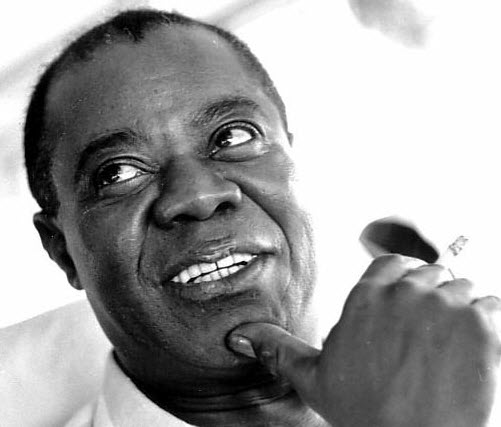
I got to know Nanci Griffith through the seminal music paper Beat (norwegian music magazine), this music magazine has been extremely important in my musical upbringing. They made it ok to say that you loved country music. This was a big step for us rock/punk youth. Anyway, they praised Nanci Griffith very early and we listened and we agreed, this was very special indeed.
Her voice, her way of singing, especially other peoples’ songs, it was and is beautiful. My first entry into her world was John Prine’s The Speed of The Sound of Loneliness, it is still the best song in her catalogue. Hell, it would be the best song in almost anybody’s catalogue!
Speed of the sound of Loneliness (with John Prine who wrote this masterpiece):
Nanci Griffith, (born Nanci Caroline Griffith, July 6, 1953, Seguin, Texas) is an American singer, guitarist, and songwriter based in Austin, Texas.
Allmusic: Straddling the fine line between folk and country music, Nanci Griffith has become as well-known for her brilliant, confessional songwriting as her beautiful voice. A self-styled “folkabilly” singer, Griffith began as a kindergarten teacher and occasional folksinger. The country scene took her to heart in the mid-’80s, giving her a reputation as a quality songwriter through hit covers of Griffith’s songs by Kathy Mattea and Suzy Bogguss. Finding no luck with commercial country radio however, Griffith recorded several pop-oriented albums and then returned to her folk roots by the mid-’90s.
Another wonderful cover version, Tecumseh Valley (with a wonderful intro):
Lets include a fantastic Dylan interpretation, Boots of Spanish leather:
Happy birthday, Nanci!
From Wikipedia:
Louis Armstrong (August 4, 1901 – July 6, 1971), nicknamed Satchmo or Pops, was an American jazz trumpeter and singer from New Orleans, Louisiana.
Coming to prominence in the 1920s as an “inventive” cornet and trumpet player, Armstrong was a foundational influence in jazz, shifting the music’s focus from collective improvisation to solo performance. With his instantly recognizable deep and distinctive gravelly voice, Armstrong was also an influential singer, demonstrating great dexterity as an improviser, bending the lyrics and melody of a song for expressive purposes. He was also greatly skilled at scat singing (vocalizing using sounds and syllables instead of actual lyrics).
Renowned for his charismatic stage presence and voice almost as much as for his trumpet-playing, Armstrong’s influence extends well beyond jazz music, and by the end of his career in the 1960s, he was widely regarded as a profound influence on popular music in general. Armstrong was one of the first truly popular African-American entertainers to “cross over,” whose skin-color was secondary to his music in an America that was severely racially divided. It allowed him socially acceptable access to the upper echelons of American society that were highly restricted for a black man. While he rarely publicly politicized his race, often to the dismay of fellow African-Americans, he was privately a strong supporter of the Civil Rights movement in America.
The Grammy Hall of Fame:
- Chimes Blues (1923 – Armstrong’s first recorded cornet solo)
- Heebie Jeebies (1926 – Armstrong’s first recorded scat vocal)
- Mack The Knife (1955 single; Louis Armstrong & the All-Stars)
- St. Louis Blues (1925 single; Bessie Smith with Louis Armstrong)
- West End Blues (1928 single; Louis Armstrong and his Hot Five)
- What A Wonderful World (1967 single; Louis Armstrong)
- Porgy and Bess (1958 album; Louis Armstrong & Ella Fitzgerald)
- Hello, Dolly! (1964 single; Louis Armstrong)
- All of Me (1932 single; Louis Armstrong & His Orchestra)
- Blue Yodel #9 (1930 single; Jimmie Rodgers featuring Louis Armstrong)
- St. Louis Blues (1929 single; Louis Armstrong & His Orchestra)
- Weather Bird (1928 single; Louis Armstrong & Earl Hines)
- Star Dust (1931 single; Louis Armstrong)
W/ his hot 5 – Heebie Jeebies:
- William John Clifton “Bill” Haley (July 6, 1925 – February 9, 1981) was one of the first American rock and roll musicians. He is credited by many with first popularizing this form of music in the early 1950s with his group Bill Haley & His Comets (inspired by Halley’s Comet) and million selling hits such as, “Rock Around the Clock”, “See You Later Aligator”, and “Shake Rattle and Roll”. He has sold over 100 million records worldwide.

– Hallgeir



